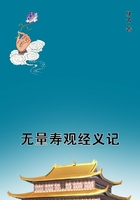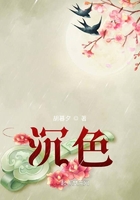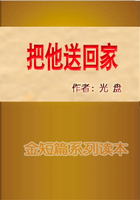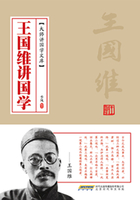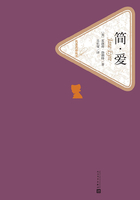CHIVALRY
IT was quite natural that the professional fighting-men of the Middle Ages should try to establish some sort of organisation for their mutual benefit and protection. Out of this need for close organisation, Knighthood or Chivalry was born.
We know very little about the origins of Knighthood. But as the system developed, it gave the world something which it needed very badly--a definite rule of conduct which softened the barbarous customs of that day and made life more livable than it had been during the five hundred years of the Dark Ages. It was not an easy task to civilise the rough frontiersmen who had spent most of their time fighting Mohammedans and Huns and Norsemen. Often they were guilty of backsliding, and having vowed all sorts of oaths about mercy and charity in the morning, they would murder all their prisoners before evening. But progress is ever the result of slow and ceaseless labour, and finally the most unscrupulous of knights was forced to obey the rules of his "class" or suffer the consequences.
These rules were different in the various parts of Europe, but they all made much of "service" and "loyalty to duty." The Middle Ages regarded service as something very noble and beautiful. It was no disgrace to be a servant, provided you were a good servant and did not slacken on the job. As for loyalty, at a time when life depended upon the faithful per- formance of many unpleasant duties, it was the chief virtue of the fighting man.
A young knight therefore was asked to swear that he would be faithful as a servant to God and as a servant to his King.
Furthermore, he promised to be generous to those whose need was greater than his own. He pledged his word that he would be humble in his personal behaviour and would never boast of his own accomplishments and that he would be a friend of all those who suffered, (with the exception of the Mohammedans, whom he was expected to kill on sight).
Around these vows, which were merely the Ten Commandments expressed in terms which the people of the Middle Ages could understand, there developed a complicated system of manners and outward behaviour. The knights tried to model their own lives after the example of those heroes of Arthur's Round Table and Charlemagne's court of whom the Troubadours had told them and of whom you may read in many delightful books which are enumerated at the end of this volume.
They hoped that they might prove as brave as Lancelot and as faithful as Roland. They carried themselves with dignity and they spoke careful and gracious words that they might be known as True Knights, however humble the cut of their coat or the size of their purse.
In this way the order of Knighthood became a school of those good manners which are the oil of the social machinery. Chivalry came to mean courtesy and the feudal castle showed the rest of the world what clothes to wear, how to eat, how to ask a lady for a dance and the thousand and one little things of every-day behaviour which help to make life interesting and agreeable.
Like all human institutions, Knighthood was doomed to perish as soon as it had outlived its usefulness.
The crusades, about which one of the next chapters tells, were followed by a great revival of trade. Cities grew overnight.
The townspeople became rich, hired good school teachers and soon were the equals of the knights. The invention of gun-powder deprived the heavily armed "Chevalier" of his former advantage and the use of mercenaries made it impossible to conduct a battle with the delicate niceties of a chess tournament. The knight became superfluous. Soon he became a ridiculous figure, with his devotion to ideals that had no longer any practical value. It was said that the noble Don Quixote de la Mancha had been the last of the true knights.
After his death, his trusted sword and his armour were sold to pay his debts.
But somehow or other that sword seems to have fallen into the hands of a number of men. Washington carried it during the hopeless days of Valley Forge. It was the only defence of Gordon, when he had refused to desert the people who had been entrusted to his care, and stayed to meet his death in the besieged fortress of Khartoum.
And I am not quite sure but that it proved of invaluable strength in winning the Great War.

